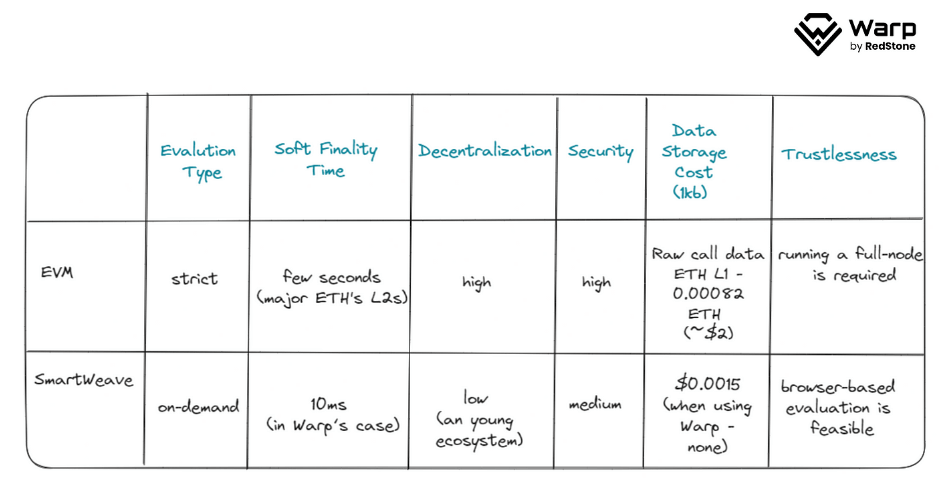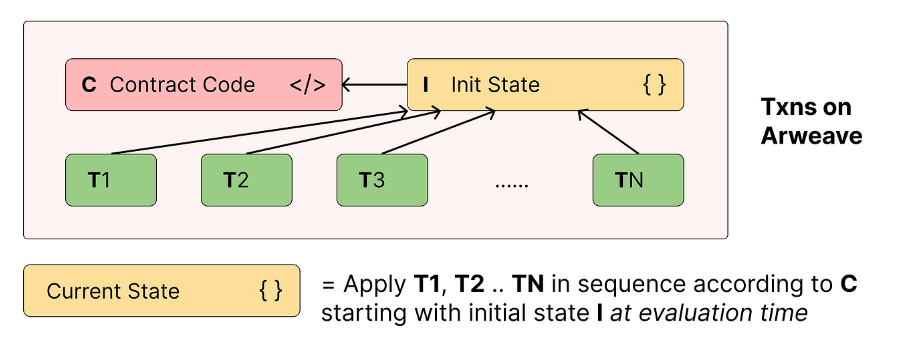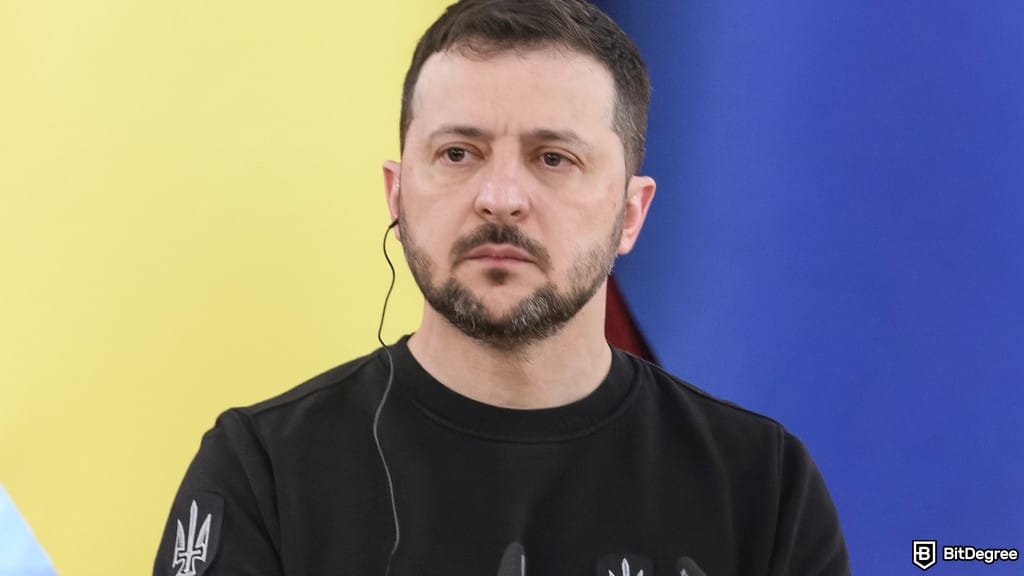For builders plying their commerce in in the present day’s quickly scaling, blockchain-agnostic atmosphere, deciding on the fitting strategy to sensible contract execution is paramount.
On this piece, I’ll assessment EVM’s credentials (Ethereum Digital Machine) and SmartWeave as two distinct choices for builders to contemplate. Full disclosure, we’re happening a deep dive! Earlier than we get began, right here’s a comparability desk to present you a way of each execution environments:

Key issues for utilizing EVM
EVM, initially carried out by Ethereum, is now the selection for many sensible contract platforms, extending to Avalanche, BNB Chain and L2s like Arbitrum, Optimism, and extra. Utilizing EVM requires information of Solidity, which will be characterised as blockchain’s reply to JavaScript. Because the language of EVM, Solidity has emerged because the de facto programming language for sensible contracts on distributed networks, making it the go-to laptop language for builders within the blockchain area.
Whereas Solidity has a singular construction and syntax that may show difficult for these contemplating Web3 improvement, it continues to attract a big inflow of latest learners. Moreover, the EVM boasts an enormous ecosystem of sources, instruments, academic supplies, and enthusiastic builders.
Though EVM is extensively thought-about the gold normal framework for constructing decentralized functions, it does have strict limiting parameters, which newly-found builders should study to work inside. A senior Solidity developer’s means to optimize code for rigorous computation limits (within the type of gasoline limits) distinguishes them from the fresh-out-of-academy-type-dev. This mannequin’s drawback is that it places an enormous emphasis on block area, which might turn out to be an especially costly facility.
Moreover, the requirement for consensus-driven synchronization of computations at each block provides layer of complexity to the EVM’s design, appearing as a big roadblock to scaling efforts, particularly given the sequential analysis of all sensible contract interactions.
A noteworthy consideration includes the distinctive storage mannequin inside the Ethereum Digital Machine. In most programming languages, understanding low-level knowledge illustration shouldn’t be essential, however Solidity deviates from this norm. Given the numerous value related to storage entry on Ethereum-based networks, having a agency grasp on how knowledge sorts are represented is crucial. The shared world storage mannequin throughout all contracts, no matter their interplay, brings challenges.
The design introduces inefficiencies, forcing contracts to wade by way of extraneous knowledge, slowing transaction instances, and incurring pointless computational prices. These prices contribute to an elevated monetary burden for storing knowledge on the platform, affecting builders and customers. Moreover, the shared nature of storage may inadvertently amplify coding errors or vulnerabilities, resulting in unintended penalties for unrelated contracts and doubtlessly escalating rectification prices.
Introducing SmartWeave
On the opposite facet of the aisle, SmartWeave is a paradigm for evaluating sensible contract states on an immutable knowledge layer like Arweave. SmartWeave’s distinct worth proposition has far-reaching potential to reinforce the creation of extremely environment friendly dApps for a bunch of particular use circumstances – serving as a complementary framework to fill the hole the place the EVM falls quick. As a result of a knowledge layer doesn’t carry out arbitrary computing, it locations the accountability for assessing the present contract state on the caller utilizing a “lazy analysis.”
To “lazy” consider the present state of a contract, the caller verifies and executes all contract interactions (Arweave transactions) from the contract’s inception to the current, reproducing the present state of the contract from scratch.
In essence, Arweave sensible contracts encompass an ordered set of actions (C, I, Ts), with ‘C’ being the portion containing the contract code, ‘I’ being the fraction containing the preliminary state, and ‘T’ being a sequence of transactions that work together with the contract. When the consumer evaluates the state, it makes use of the code from C, the preliminary state from I, and applies every transaction after it (supplied it’s legitimate) based mostly on the contract code. Bought it? Good! Here’s a visible overview of the structure to assist crystalise the idea:

SmartWeave is an structure geared toward making a dependable, quick, and production-ready sensible contracting engine on Arweave. Its hottest implementation, Warp Contracts, is concentrated on delivering this actual objective. Warp is commonly described as “SmartWeave contracts on steroids” attributable to its means to beat a number of the most important obstacles related to the default implementation of the SmartWeave protocol.
These obstacles embody the shortage of caching that results in low efficiency, the absence of a dependable SmartWeave transaction gateway, and the lack to make sure contract safety and determinism. Along with its foremost operate, the Warp SDK features a finely-tuned caching layer that vastly enhances lazy analysis effectivity.
The stack additionally contains user-friendly deployment and upkeep strategies, customizable plugins that enable customers to increase the SDK in any path they need, a devoted sensible contract explorer, a set of nodes for outsourcing execution and a number of other different important options. The Warp core staff has created a spread of proprietary plugins, together with moveable EVM tooling, EVM pockets help, EtherJS native help within the SmartWeave atmosphere, and others. As of now, Warp helps JavaScript/TypeScript languages and WASM with Rust help.
Distinguishing EVM from SmartWeave Structure
The EVM’s safety is intrinsically linked to the consensus expertise of its underlying blockchain. Likewise, SmartWeave additionally is determined by the safety and end-finality of Arweave’s blockchain, which is achieved by together with blocks finalized utilizing the SPoRa (Succinct Proofs of Random Entry) protocol.
By design construction, EVM implements the payment market into the core protocol. The market payment scheme makes use of a first-price public sale mechanism to find out transaction charges, the place the best bidder has their transaction processed first. The challenges related to scaling the community turn out to be significantly obvious in periods of excessive demand, as seen with the worldwide payment market design of the Ethereum Digital Machine.
For example, when a person contract experiences appreciable exercise, comparable to a much-anticipated NFT mint, it inadvertently impacts all community customers by escalating transaction prices, even for these indirectly concerned with the high-demand exercise.
Arweave proposes another strategy to the standard payment market by using a single reward pool and merkle root for all knowledge, known as the endowment. Including new knowledge to the system updates the merkle tree and provides $AR tokens to the reward pool with out inflicting a rise in computational overhead. To handle the bottleneck of processing funds for knowledge storage, Arweave makes use of a system of recursive bundles to settle a number of transactions in a single fee on the community.
Ultimately, this might result in timber of infinite depth that enable for ingesting all internet knowledge inside a single transaction, eliminating the necessity for payment markets. Arweave’s transaction system permits customers to execute transactions with no block inclusion payment, leading to storage prices being the one expense for executing transactions, irrespective of the demand facet.
SmartWeave is a sequenced array of Arweave transactions that profit from the absence of a payment marketplace for transaction block inclusion. This distinctive property permits limitless transaction knowledge with out further charges past storage prices. Moreover, the open-ended design of SmartWeave permits builders to write down the logic in any programming language, providing a refreshing different to the usually inflexible Solidity codebase.
Half 2 can be coming tomorrow, masking:
Lazy Execution: An Different PerspectiveAssessing the suitability of EVM and SmartWeaveSmartWeave Market Match
Visitor put up by: Jakub Wojciechowski, CEO and Founding father of Warp Contracts and RedStone























